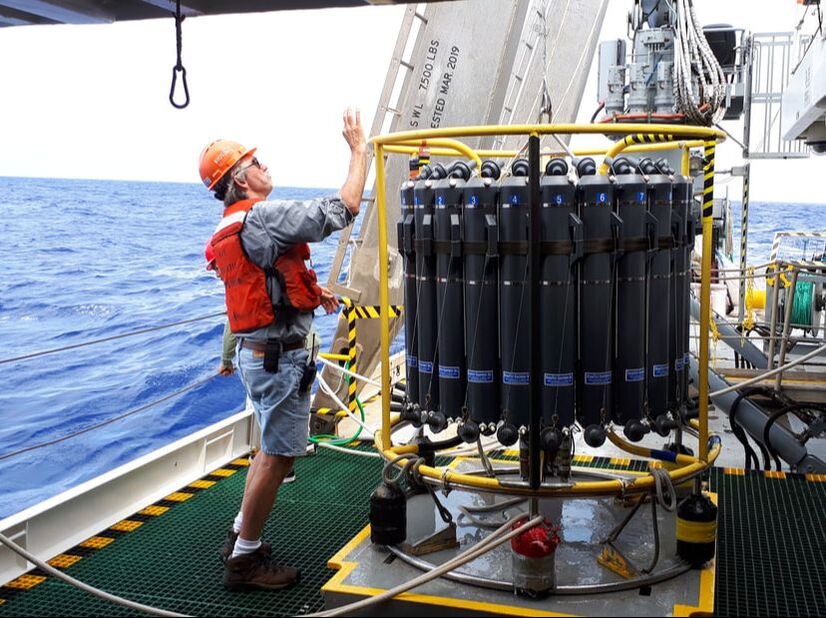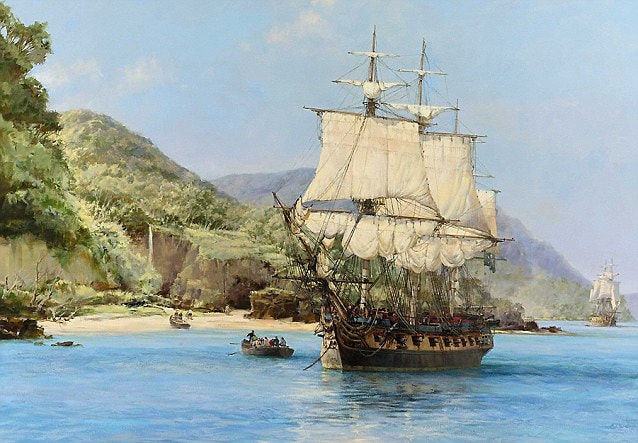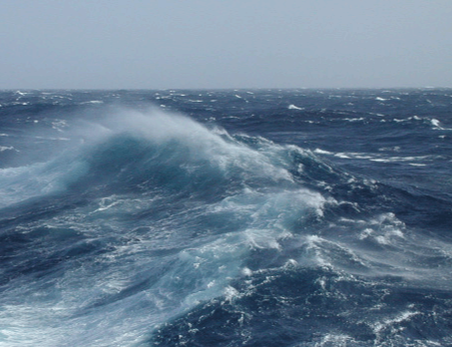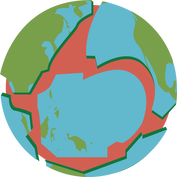Home >> Oceanography >> The World Ocean
The seas and oceans make up about 75% of the surface area of the Earth and together they contain roughly 97% of the planet's water. The vastness of the world ocean and the variety of life that it contains are hard to comprehend and seemingly impossible to study due to its inhospitable nature to mankind. For centuries it has been assumed that the oceans are unchanging and immune to the destructive forces of the human race. They have been considered to be either a barrier to travel or a wide open and unpolicable highway that enables trade or adventure. The oceans are beautiful, varied and at times, terrifying. Hopefully this course will give the student a real appreciation for the blue bit on the map that surrounds the islands of Bermuda.
|
|
The robot submarine that the students will be using in Term 1 to map the temperature and salinity off Tyne's Bay in Sept/October 2019.
|




